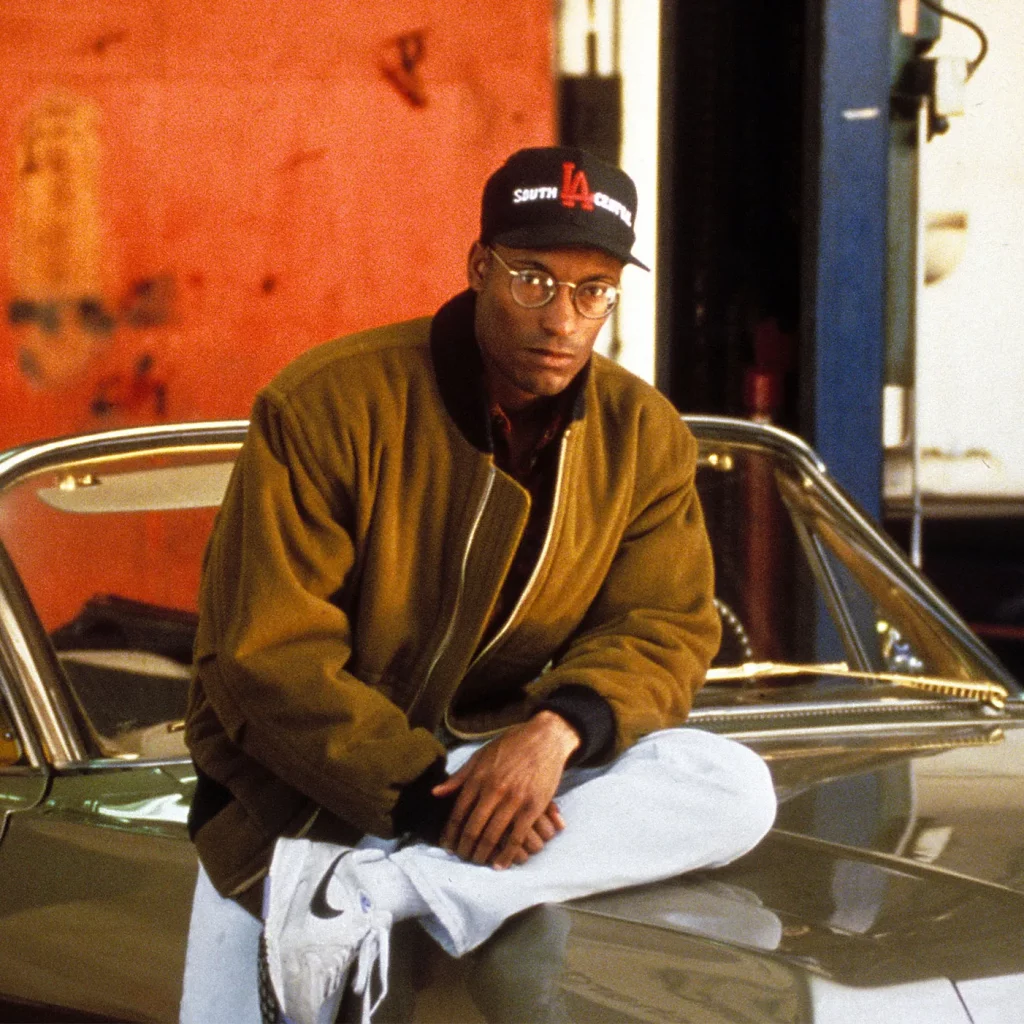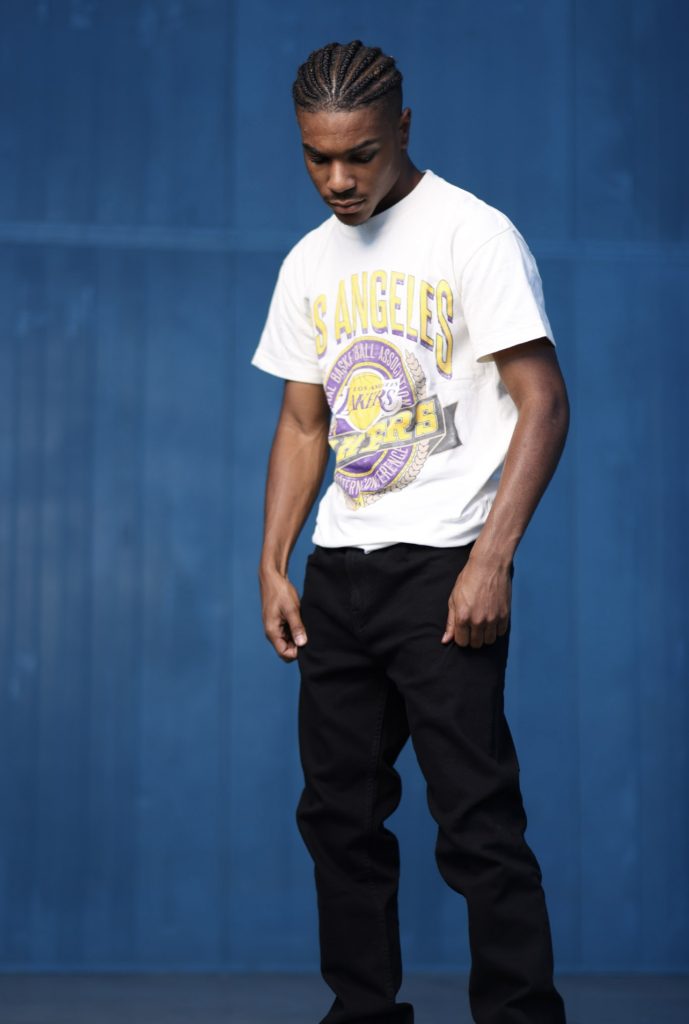
The legendary KRS-One once said, “Rap is something you do. Hip-Hop is something you live.” Interestingly enough, when discussions shift to Hip-Hop classics, the debate is usually limited to rap albums when, realistically, spitting on wax is just a fraction of Hip-Hop culture. And when looking beyond the scope of just music, one man who forever changed Hip-Hop is the late great screenwriter and filmmaker, Mr. John Singleton. He has Hip-Hop classics too. Boyz N the Hood. Poetic Justice. Baby Boy. Those three films masterfully show what even some of the most incredible rap music merely tells.
Comparing music to film is illogical, seeing as they are two different mediums. However, Singleton’s writing was so authentic that it could articulate emotions and experiences relating to situations that some rappers’ songs were about without the confines of a beat or a rhyme scheme. And, because of just how brilliantly Singleton arranged his words on the page, ultimately, that made more people listen to what rappers were saying and, in turn, showed rappers another way to get their message across via that trail that Singleton’s scripts created.
In a 2005 interview with The Chicago Tribune, Ice Cube said, “I was in his house one day when we were [finished] shooting Boyz n the Hood. He said, ‘Hey, man, when are you going to write a movie? You write raps; you can write a movie.’ A light bulb went off. From then on, I started writing scripts. Friday was my third script and the first one to get made.”
John Singleton perfectly demonstrated how to take Hip-Hop’s sensibility on the mic and put it up on the silver screen. And with a film like Boyz N the Hood, about a boy sent to live with his father during the early ’90s in a neighborhood where gangs are present, it provided a platform to showcase Hip-Hop’s role in everyday life. There’s nothing to say that hasn’t already regarding the film. It is a masterpiece preserved in the National Film Registry after being deemed “culturally, historically, or aesthetically significant” by the United States Library of Congress.
In addition to understanding ghetto life, Singleton also had a tremendous gift at creating complex characters that transcended archetypes of how the nightly news often depicted people in those environments. And in Tupac Shakur, he seemed to find someone who fit the elaborate psyches of people in his stories. The way Tupac often contradicted himself, while with most that would serve as a detriment, with Pac, it simply illuminated the human experience. Therefore, his personality was a perfect fit for John’s writing. Tupac’s character in Poetic Justice, Lucky, showcases these multiple sides superbly, which is one reason the film endures. Janet Jackson also gives a memorable performance, and the chemistry between the two of them is very apparent. The way both characters change over the course is believable. As much as they come to care for each other, the struggles that brought them together on a road trip to Oakland, the movie’s primary focus, still get equal attention and don’t disappear when they fall in love. Seeing the romantic component unfold is fun to watch, but the film, taken as a whole, is about finding hope and moving forward in the aftermath of adversity.
2001’s Baby Boy is an ambitious outing that depicts the plight of a young man named Jody growing up in the hood while still holding him and the other characters accountable for their actions. As film critic Roger Ebert put it, “[It] doesn’t fall back on easy liberal finger-pointing. There are no white people in this movie, no simplistic blaming of others; the adults in Jody’s life blame him for his [own] troubles, and they should.” One of the most memorable scenes in the film is when his friend, Sweetpea, talks to Jody about wanting to get baptized. And when I reached out to the man who played Sweetpea, Mr. Omar Gooding Sr., he had the following to say about Mr. Singleton.
“John Singleton was a visionary who single-handedly birthed the acting careers of many iconic entertainers. All of whom will be forever indebted to him. He was a master at motivation when it came to bringing out the absolute best in an actor. Whether they knew they had it in them or not. A one of a kind human being whose contribution to the culture is immeasurable. He will be forever missed and never forgotten. Many of his techniques and teachings had to [be experienced] to comprehend fully. I, for one, will NEVER forget them. Rest in power, King.”
I can’t emphasize the significance and importance of black people telling black stories in modern America enough. But, in addition to that, like Singleton told the press in 1993, “I come from the same place as rappers. It’s cool because it’s just another form of communication. I have the same sensibilities as rappers. I’m not bourgeois and everything, thinking I’m better than folks. I see myself as the first filmmaker from the hip-hop generation. I’ve grown up with hip-hop music. The films I make have a Hip-Hop aesthetic. It may not have rap [in it], but a whole culture and politics go with the music.”
I believe that is why, even with a focus on black issues, his work still reaches so many people regardless of race, gender, religion, or sexual orientation. As much as it is about racial representation, it is also about a new generation. And John Singleton, in addition to The Hughes brothers and Mario Van Peebles, is in the first wave of directors to give a voice to the Hip-Hop generation in cinema.
While Singleton has other acclaimed projects on his resume, such as but not limited to Four Brothers, Shaft, and the television series, Snowfall, the three coming-of-age films before them provided an original voice at the movies. It has since been often imitated but never duplicated. We salute him on what would be his 54th birthday and give thanks for the positive impact that his work has had on millions around the world. Respect due.
source https://westcoaststyles.com/culture/2022/01/a-tribute-to-john-singleton/

No comments:
Post a Comment